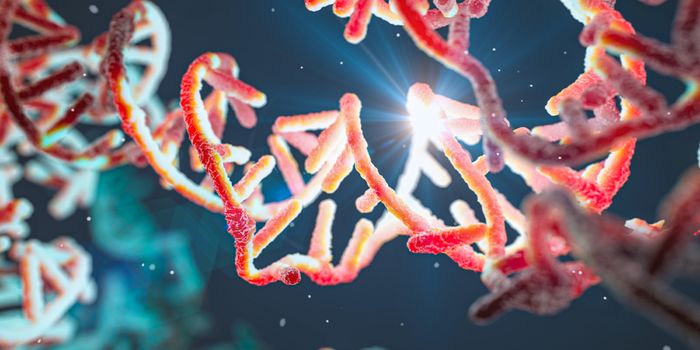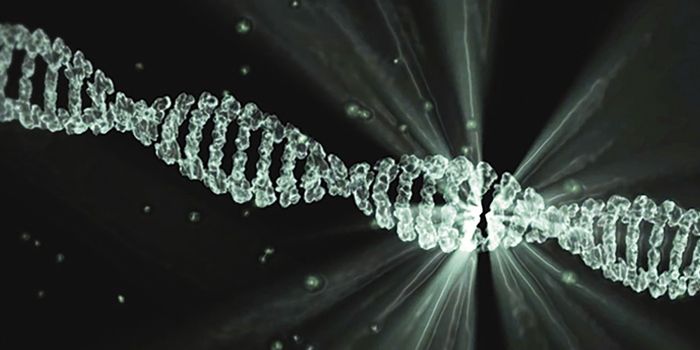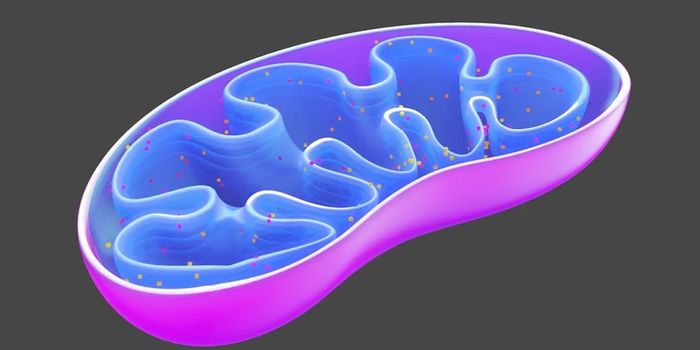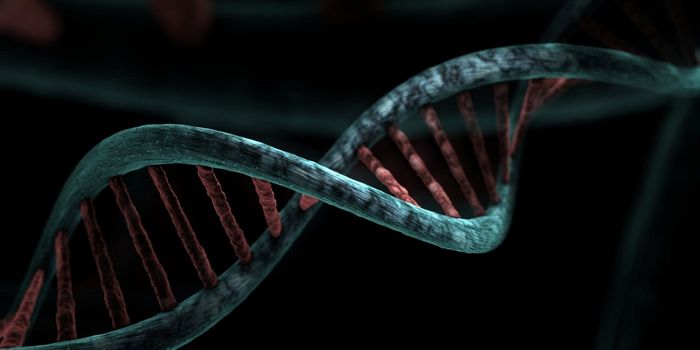Do Microbial Pathogens Have an Epigenetic Memory?
Epigenetics are the parts of the genome that can affect the activity of genes but don't involve making changes to the DNA sequence; some examples include chemical tags like methyl groups that bind to the genome, or structural features of DNA that facilitate or impede access to the molecule. Some epigenetic characteristics have been shown to be heritable. But a lot of research work on epigenetic heritability has involved higher-order organisms.
In a new report in Nature Communications, scientists have suggested that it's time to study epigenetics in pathogens, because when they cause infection, they carry an epigenetic memory of it that may be influencing how infections are caused by future generations of microbes. The researchers have suggested that microbes can use epigenetic 'memories' of previous infections to their advantage.
In some infectious diseases of childhood, like polio, chickenpox, and measles, when an infection is caused by a member of the opposite sex, it's more severe. These patterns aren't seen in other infectious diseases. This phenomenon may be caused by a kin dof molecular memory.
"It has been observed that boys in developing countries are less likely to survive measles when they acquire their infection from a girl. Similarly, girls are less likely to survive these infections when they acquire their infection from a boy," noted senior study author Dr. Francisco Úbeda of Royal Holloway.
"Given that humans form a key part of a microbe's environment, it is possible that the chain of infection from one person to another establishes a memory that changes the expression of microbial DNA in a way that could ultimately make us sicker. Given that our sex can affect the way in which our immune system functions, it makes sense that sex is an environmental variable that microbes may wish to track."
This work, which analyzed patterns of transmission, may help explain the changes in infection severity when it's passed on by the opposite sex. The study suggested that a microbe favors epigenetic memories from its host that give pathogens information about their current or future host's sex.
The study also began to evaluate how drugs that affect epigenetics could one day be used to reduce the virulence of a pathogen. Much more work will be needed to know if that's a good option for dealing with infectious microbes, but it's an intriguing avenue of research.
Sources: Phys.org via Royal Holloway, University of London; Nature Communications









